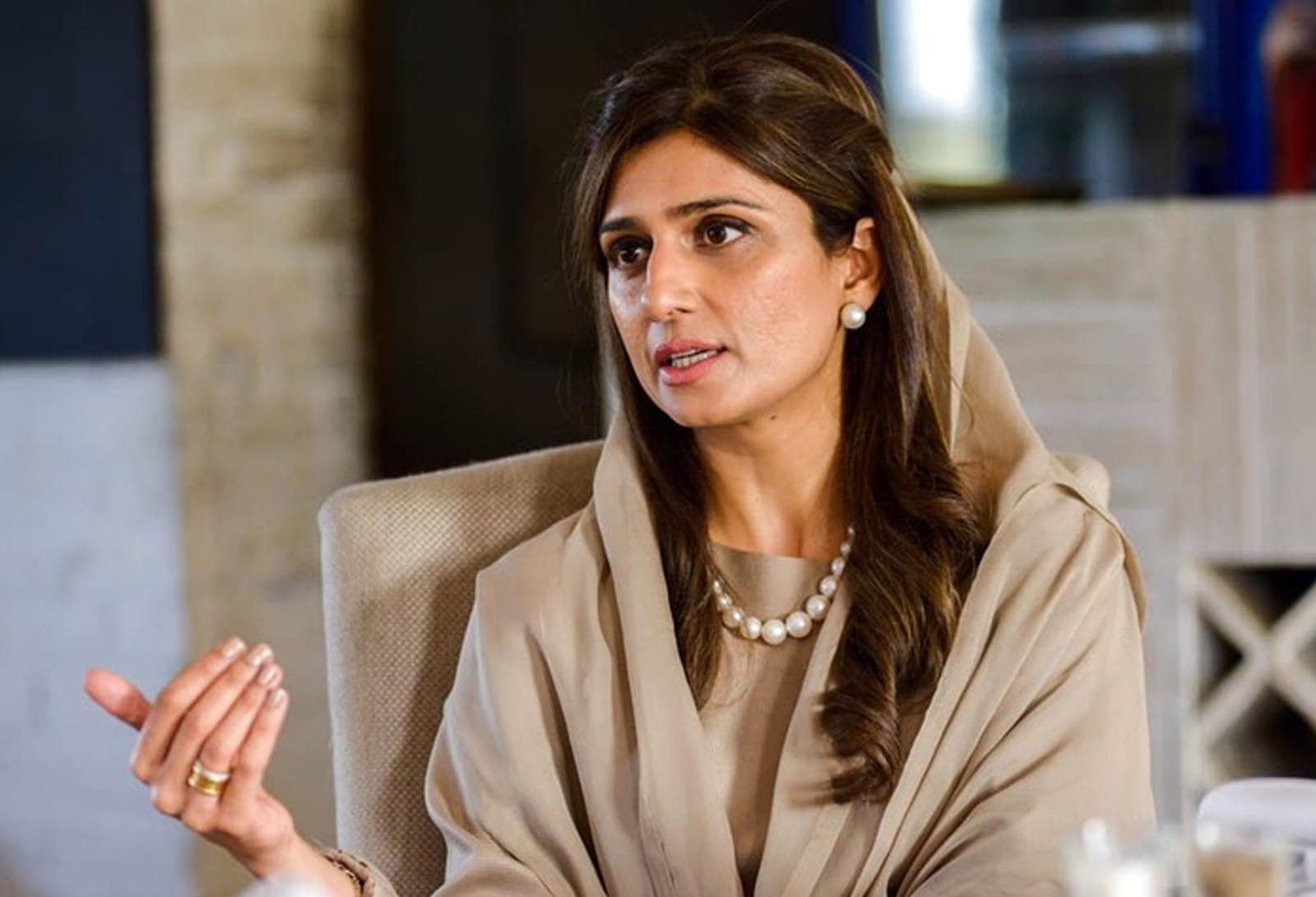The recent armed conflict between Pakistan and India, which had captured global attention, was among the key topics discussed during a phone call between US President Donald Trump and Russian President Vladimir Putin. Kremlin aide Yuri Ushakov confirmed the discussion, stating that the conflict had been halted due to Trump’s direct involvement.
The two leaders also touched upon the Ukraine war, with Putin warning of retaliation against recent attacks on Russian airbases. However, the focus on Pakistan and India comes after heightened tensions between the nuclear-armed neighbors, which saw cross-border skirmishes and a brief military confrontation before a US-brokered ceasefire on May 10.
The clashes began after India falsely blamed Pakistan for an attack in Indian Illegally Occupied Jammu and Kashmir (IIOJK) that killed 26 tourists. Pakistan responded to India’s unprovoked aggression with Operation Bunyan-um-Marsoos, downing six Indian fighter jets, including three Rafales, and multiple drones.
Since the ceasefire, both nations have engaged in global diplomatic efforts to present their stances. Leading Pakistan’s initiative, former Foreign Minister Bilawal Bhutto-Zardari is heading a nine-member parliamentary delegation to counter India’s narrative and advocate for peace.
Speaking to the Pakistani diaspora in New York, Bilawal warned of the dangers of escalation in South Asia, emphasizing that any miscalculation could lead to a nuclear conflict with worldwide consequences. He stressed the need for international mediation and urged India to engage in comprehensive dialogue, including the resolution of the Kashmir dispute.
Additionally, Bilawal proposed a joint investigative forum between Pakistan and India to probe terror incidents, including the Pahalgam attack, to ensure justice and prevent future violence. Meanwhile, India’s Congress MP Shashi Tharoor suggested that New Delhi might consider talks if Pakistan takes “visible action” against alleged militant infrastructure.














